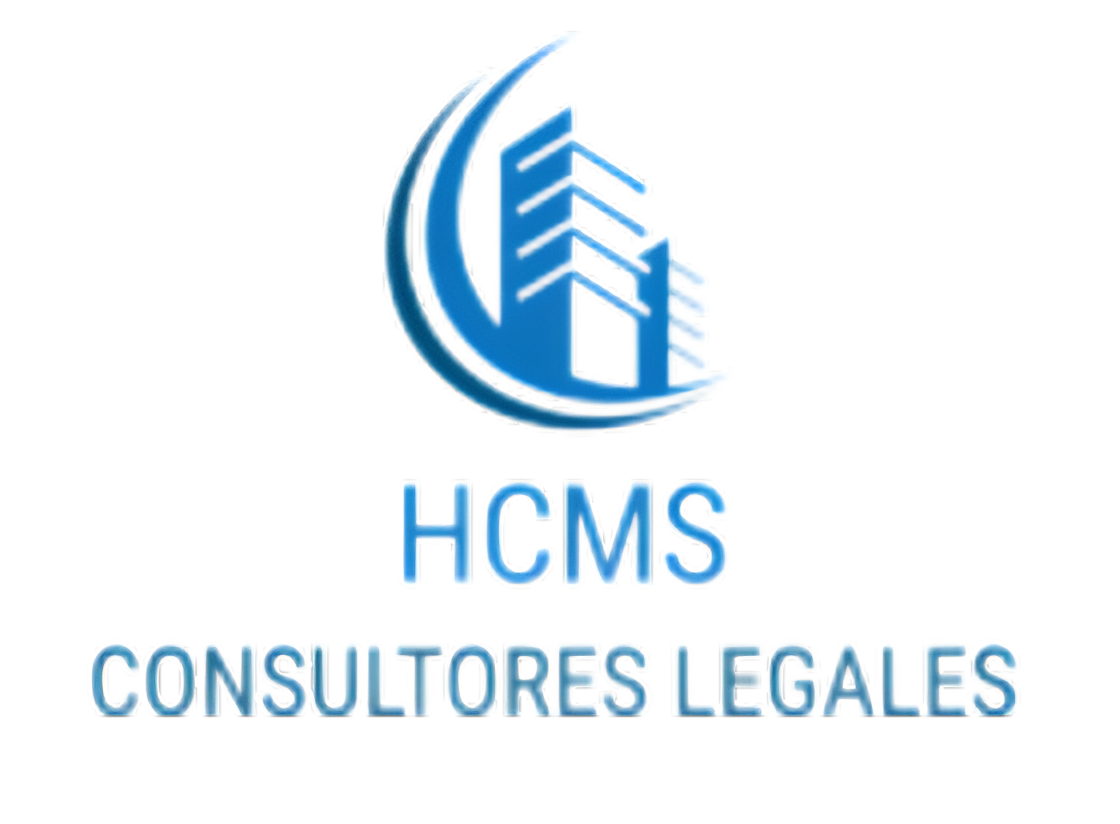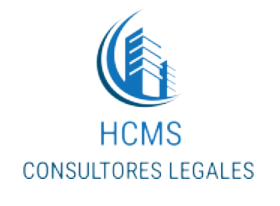The Real Decreto 609/2023, of July 11, which creates the Central Register of Beneficial Ownership and approves its Regulations, was published in the Official State Gazette on July 12. This Royal Decree completes the incorporation into Spanish law of Directive (EU) 2018/843 of the European Parliament and of the Council of May 30, 2018, amending Directive (EU) 2015/849 on the prevention of the use of the financial system for money laundering or terrorist financing.
This regulation, which will mostly come into effect on September 19, 2023, develops the provisions of the third and fourth additional provisions of Law 10/2010, of April 28, regarding the aforementioned beneficial ownership register. This legal text is designed to regulate the obtaining of information on the direct or indirect beneficial ownership of legal entities by creating the Central Register of Beneficial Ownership (hereinafter, also Register or CRBO), which will centralize the information on beneficial ownership currently available from various sources, as well as that provided directly to it, and which will help combat money laundering and terrorist financing effectively and efficiently by providing access to beneficial ownership information to authorities, obligated entities, and individuals (the latter only if they can demonstrate a legitimate interest). The creation of this register will also allow for the interconnection of beneficial ownership at the European level.
Below are the most relevant aspects addressed by Royal Decree 609/2023 and how the new regulation affects legal entities or similar entities and obligated entities.
1. OBJECTIVE AND PURPOSE
The Central Registry of Real Owners is the electronic, central, and unique registry throughout the national territory, which aims to collect and publicize information about real ownership referred to in articles 4, 4 bis, and 4 ter of Law 10/2010, of April 28, regarding:
– Spanish legal entities and
– Entities or structures without legal personality contemplated in the same Law 10/2010, of April 28, which have their effective management headquarters or main activity in Spain, or which are managed or administered by natural or legal persons residing or established in Spain.
– Entities or structures without legal personality such as trusts and entities or structures without legal personality analogous to trusts that, not being managed or administered from Spain or another European Union State, and not being registered by another European Union State, intend to establish business relationships, carry out occasional operations, or acquire real estate in Spain, which must be declared electronically to the Central Registry of Real Owners before starting the aforementioned activities.
– Regarding funds, the obligation to identify the real owner will extend to their management company.
In addition to the data declared directly to it or provided to it, the registry will centralize the real ownership information available in the Registries of Foundations, Associations, Cooperatives, Agricultural Transformation Societies, and other registries that may collect information from registered legal entities or entities, as well as the information obtained by the Real Owners Database managed by the General Council of Notaries and by the Commercial Registries managed by the College of Registrars of Property, Commercial and Movable Property of Spain, all of them reliable and independent sources.
Foundations, associations, and in general, all legal entities, trusts, and entities or structures without legal personality analogous to trusts that have not declared their real ownership through the Commercial Registry, or the Registries of Foundations, Associations, Cooperatives or others where they were registered, because such declaration route is not regulated, must electronically declare to the Central Registry of Real Owners the information related to articles 4 bis and 4 ter of Law 10/2010, of April 28, on the prevention of money laundering and the financing of terrorism, as well as that established in this regulation, within one month from their constitution, and in the case of trusts and entities or structures without legal personality analogous to trusts within one month from the obligation to identify the real owners, and subsequently update the data within a maximum period of 10 days when changes in real ownership occur.
In any case, an annual declaration will be made electronically in January, and in the event that there have been no changes in real ownership, a declaration confirming this fact will be made.
2. DATA TO INCLUDE IN THE RCTR
As provided in article 4 of Royal Decree 609/2023, it is the management bodies of the Entities that must provide the RCTR, the different competent registries for their registration, as well as the database of the General Council of Notaries, with data on the real natural person holding of the legal entity or entity or structure without legal personality.
Specifically, the following information must be included in the Registry:
2.1. ABOUT THE REAL OWNER
In the case of legal entities:
a) Name.
b) Surnames.
c) Date of birth.
d) Type and number of identification document (in the case of Spanish nationals or residents in Spain, the document issued in Spain will always be included).
e) Country of issuance of the identification document, in case the National Identity Document or the residence card in Spain is not used.
f) Country of residence.
g) Nationality.
h) Criterion that qualifies that person as the real owner.
i) In the case of real ownership by direct or indirect ownership of shares or voting rights, percentage of participation, including, in the case of indirect ownership, information on the interposed legal entities and their participation in each of them.
j) A valid email address, for the purpose of sending notices of availability of possible notifications by electronic means.
When there is no real owner in the proper sense, the administrator or administrators will be considered as such, and if the administrator is a legal entity, the natural person appointed by the legal entity administrator will be the real owner.
In the case of trusts such as the trust and other legal instruments analogous, the following data will be recorded:
a) Name.
b) Surnames.
c) Date of birth.
d) Type and number of identification document (in the case of Spanish nationals or residents in Spain, the document issued in Spain will always be included).
e) Country of issuance of the identification document, in case the National Identity Document or the residence card in Spain is not used.
f) Country of residence.
g) Nationality.
h) Criterion that qualifies that person as the real owner.
i) A valid email address, for the purpose of sending notices of availability of possible notifications by electronic means.
This information must be provided by settlors, trustees, protectors, beneficiaries, and any other natural person who ultimately exercises control over the trust, through direct or indirect ownership or through other means, as they are all considered real owners. In the case of other legal instruments analogous to the trust, such as fiduciaries or the German treuhand, the identity of the persons holding similar or equivalent positions to the above will be recorded. The communication obligation in trusts corresponds to the trustee and manager of the trust and, failing that, to the settlor; and finally to the beneficiaries.
2.2. ABOUT THE LEGAL ENTITY OR ENTITY WITHOUT LEGAL PERSONALITY
In relation to the legal entity or entity or structure without legal personality for which information is collected in the RCTR, the following information must be provided:
a) Company name or, in the case of an entity or structure without legal personality, its name.
b) EUID (Unique European Identifier), NIF or, failing that, entity registration number.
c) Legal form of the Entity.
d) Nationality.
e) Registered office.
The telematic forms for making these communications to the RCTR will be approved by the person in charge of the Registry.
3. AUTHORIZATION TO ACCESS
Article 5 of Royal Decree 609/2023 establishes who is authorized to access and use the information contained in the Registry.
It grants free and unrestricted access, first and foremost, to authorities with competencies in the prevention, detection, investigation, and prosecution of crimes of terrorism financing, money laundering, and their predicate offenses, both national and from other Member States of the European Union.
Likewise, the obligated subjects of Law 10/2010, of April 28, will have access to the current information contained in the Central Registry and will obtain an electronic certification from the Registry or an extract thereof for the fulfillment of their obligations regarding the identification of the real owner.
Specifically, in this certification (which may be literal or in extract), they may visualize the nature and scope of the real interest held and of this real ownership; whether it is due to the control of the property or that of the management body; the percentage of participation, including, in the case of indirect ownership, information on the interposed legal entities and their participation in each of them.
Although the legitimate interest of the obligated subjects of article 2.1 of the Law is presumed to be accredited, they must express the reason for the consultation, either a specific or general case, and that it is in accordance with the purpose of the RCTR.
In this regard, the first final provision of the Royal Decree under study modifies article 9.6. of Law 10/2010, establishing the following: “For the fulfillment of the obligation to identify and verify the identity of the real owner established in this article, obligated subjects must access the information contained in the Central Registry of Real Owners, without prejudice to these exclusive effects may make additional consultations to the real ownership database of the General Council of Notaries or to other registries that may collect information on the real ownership of registered legal entities or entities.” Therefore, it obliges the obligated subjects to access said Registry when they must identify and verify the identity of the real owner.
The regulations enable access to any person or organization that can demonstrate a legitimate interest in knowing the real owner, being able to consult the information regarding the
real ownership of the entities, although in a more limited manner than the authorities and obligated subjects.
To access the information in the Registry, a fee must be paid to cover the administrative costs of providing the information, including the costs of creating, maintaining, and developing the Central Registry and, where appropriate, the sources of the data included therein, on the terms set forth in its creation law, and without said fee being higher than the aforementioned costs. Until the cost of this fee is set by the person in charge of the Registry, access will be free.
4. OTHER RELEVANT MATTERS
It should be noted that, in any case, failure to comply with the obligation to identify and inform the Central Registry of Real Owners due to lack of identification in the real ownership sheet or due to lack of mention of the real ownership sheet due to omission in the deposit of the annual accounts when it comes to entities legally obligated to do so, will determine the registry closure provided for in article 378 of the Commercial Registry Regulation.
The RCTR depends on the Ministry of Justice, with the Directorate General of Legal Security and Public Faith being responsible for its management and processing. In any case, the Ministry of Justice will guarantee the interconnection with the central European platform in accordance with the specifications and technical procedures determined in the relevant European Directives in this regard.
The operation of the registry will be electronic, every day of the year, 24 hours a day. Immediate consultation of those issues that require human intervention is excepted: cases of qualification of legitimate interest or resolution of queries or appeals, which will be adapted to the Ministry’s office hours.
The resolutions of the person in charge of the registry may be appealed before the hierarchical superior body that will conclude the administrative process.
The information entered in the registry will be kept and updated during the life of the legal entities or entities or structures without legal personality, and will be kept for a period of 10 years after their extinction.
Likewise, the information about the real owners will be kept for a period of 10 years from the cessation of their status as RO.
In any case, data protection measures will be applied in accordance with Spanish and European regulations on the subject.
5. ENTRY INTO FORCE
Royal Decree 609/2023, of July 11, has provided for several dates of entry into force. Specifically:
– Third additional provision “Transfer of data between the Central Registry of Real Owners and the various registries of legal entities”, sections 1 and 2, which entered into force on July 12, 2023.
– Access to the real ownership file regulated in article 5.3. (regarding persons or organizations that may have a legitimate interest) will enter into force on October 19, 2023.
– For the rest of the requirements of the Royal Decree, the date of application will be September 19, 2023.
In any case, we will inform you of any news or updates regarding this new regulation.”
Our Anti-Money Laundering Prevention Training has already been received by more than 10000 Professionals Contact us and we will provide you with advice
The training courses are delivered by our lawyers and auditors who are experts in the field











